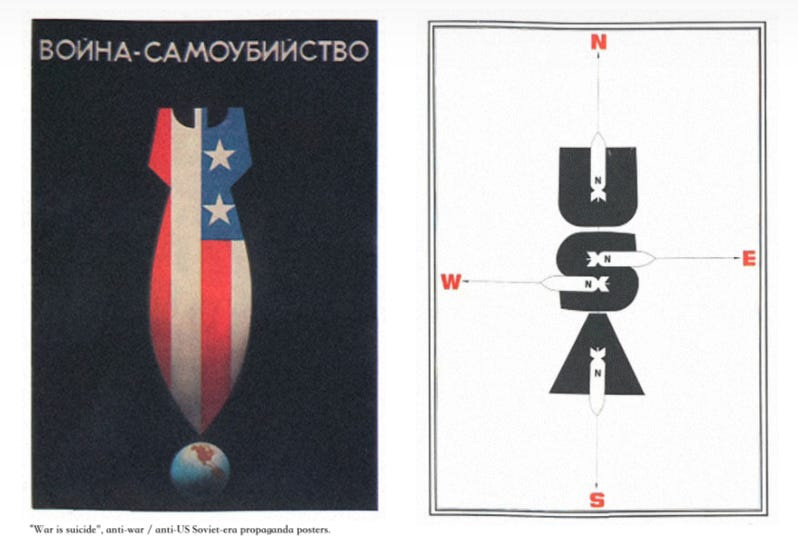Summary
Historically, anti-US sentiment in Russia has come to the fore every time Moscow has decided to shift its policy from one of economic reform and modernisation to one more focused on maintaining domestic stability. This remains true today.
Deep down, Russia knows that it is predominantly a European/Western nation that has long sought to be accepted by the West. This is what makes anti-Western sentiment in Russia so conflicted.
Nevertheless, post-imperial Russia has often constructed its identity in contrast with a “morally corrupt” America, seeking to attribute to this American “Other” some of those traits that it is often guilty of possessing itself: an aggressive and expansionist foreign policy that, if it could, would seek to dominate the world.
Jealousy, an inability to emulate American successes and a deep-seated “inferiority complex” vis-à-vis the West have all contributed to Russia’s hostility towards the US.
Furthermore, just as anti-US sentiment can be linked to anti-Semitism in Europe, so can it be in Russia.
Russian anti-Americanism is also a political tool that aims to foster national unity, bolster the Kremlin’s domestic legitimacy and build a global “anti-US camp” so as to weaken America’s global hegemony.
But playing this anti-America card is a double-edged sword that may well end up both hollowing out Russia’s national identity and jeopardising the country’s long-term economic prospects and social progress.
Moreover, anti-Americanism has encouraged the emergence of xenophobic, pro-fascist and militaristic views in Russia.
The resurgence of Russian anti-Americanism has gone hand in hand with the rise of Moscow’s “expansionist hawks” and has been one of the driver’s of the Kremlin’s increasingly aggressive behaviour abroad since the late 2000s.
10. Today’s Russia is reminiscent of post-World War I Germany: a deeply humiliated and resentful former empire (or something akin to one) with an “insatiable desire” to restore its former glory.
Author's biodata
Name: Feng Yujun (冯玉军)
Year of birth: 1970 (age: 52/53)
Position: Director of the Centre for Russian and Central Asian Studies and deputy director of the Institute of International Studies, Fudan University
Formerly: China Institutes of Contemporary International Relations (CICIR) from 1994 to 2016
Research focus: Russia and the Soviet Union; China’s international strategy and great power relations; Shanghai Cooperation Organisation (SCO)
Education: BA Hebei University (1991), MA Jilin University (1994), PhD China Foreign Affairs University (2001)
Experience abroad: Two years in Russia and half a year in Japan as a visiting scholar
Articles and postings published - on this site and other websites - in the week that was :
2] 55 Pan-African Nations opposite sanctions to Niger
3] Reform and Development of Global Governance
4] Monroe Doctrine against Socialist Construction
5] Between the US and China - sustaining hi-level communucations
7] US-China maintaining geoeconomics and geopolitical relations 2023
8] M19 and the Colombian military operations 1985
9] Geoeconomic challenges for Madani Malaysia
Kindly distribute this journal or selective articles to your peers and diaspora communities.
Happy readings.





